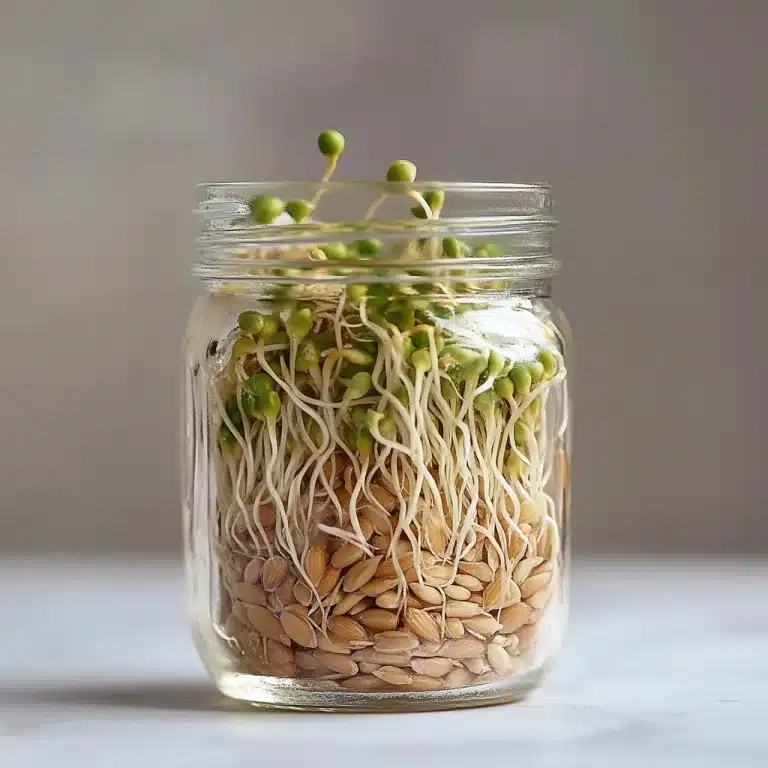In the world of bread baking, ingredients matter. While traditional grains have long been the staple of bakers everywhere, sprouted grains are gaining popularity for their unique nutritional…
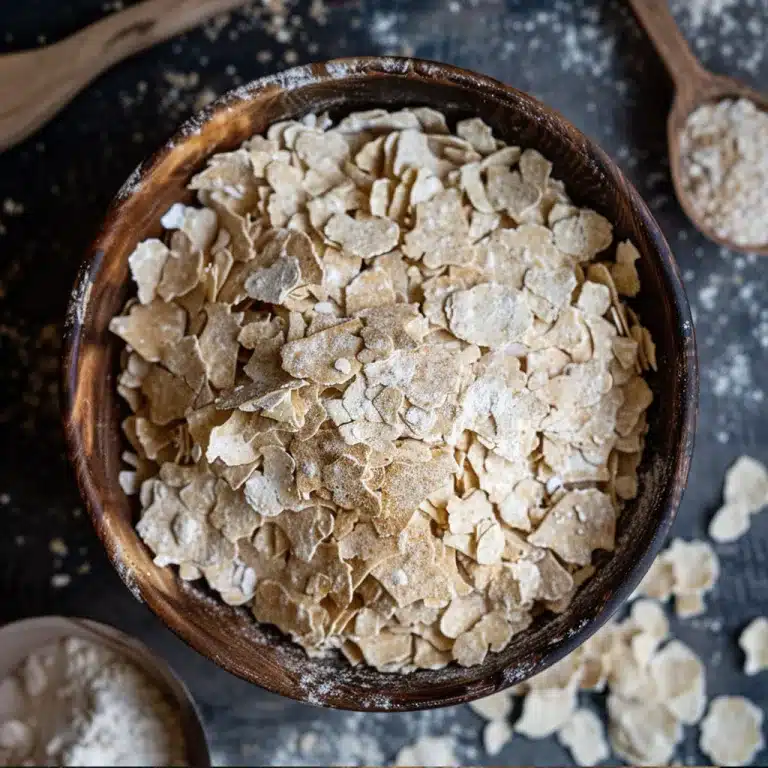
Rehydrate & Reactivate a Dry Sourdough Starter
What is meant by the term activating a sourdough starter? Activating a dry sourdough starter refers to the process of rehydrating and revitalising a dehydrated or dormant sourdough…
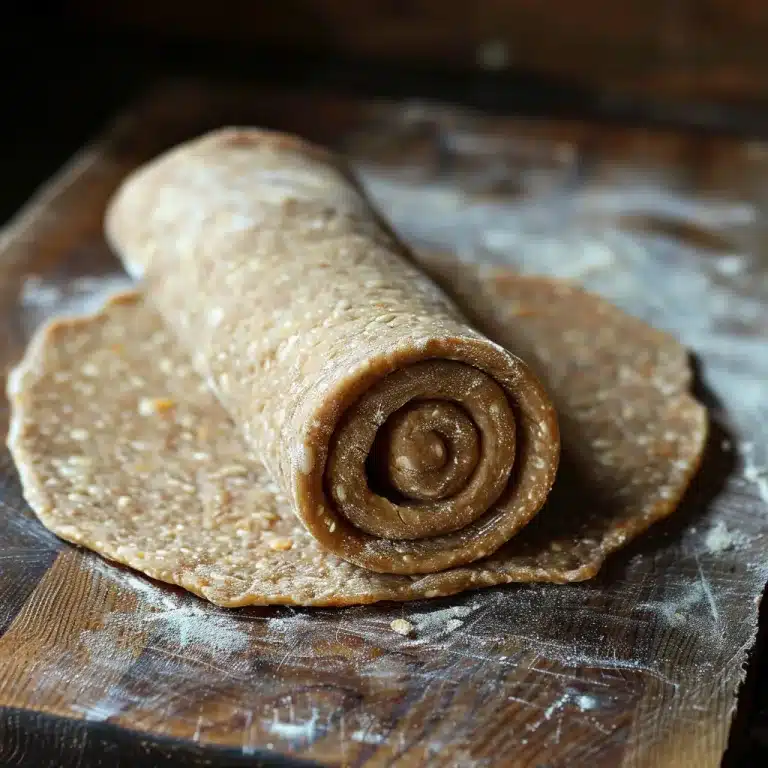
Stiff Wholemeal Starter – A Game Changer
A stiff wholemeal starter is a sourdough starter made with whole wheat flour and less water compared to a standard starter. This creates a dough-like mixture that ferments…

Sourdough Technique – Stretch and Fold
If you bake with sourdough, you should be familiar with this technique. The stretch-and-fold technique is used to develop gluten in dough over a period of time. Why…

An Ultimate Guide to Sourdough Hydration
Sourdough hydration refers to the ratio of water to flour in a sourdough bread recipe. It is a crucial part of sourdough baking that impacts the texture, flavour,…
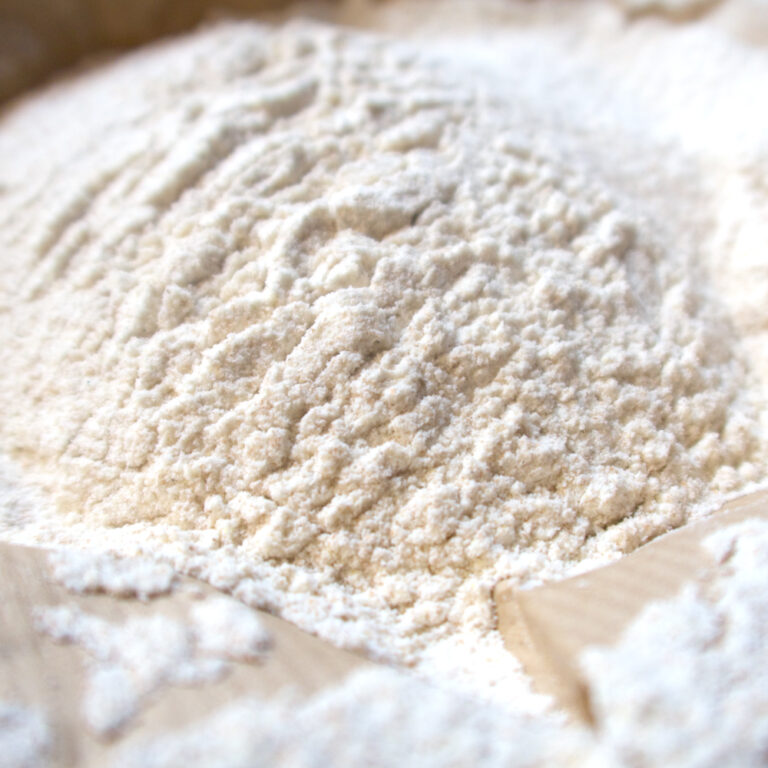
Flour Ratings Explained
T Ratings You may have heard or seen a T-number given to flour. The “T” rating, which originates from France (1963), refers to the type. Numbers span a…

Information on Milling Processes
Roller Milling vs Stone Milling Roller milled and stone milled flours are both made from wheat grains, but they differ in the way they are milled. We take…
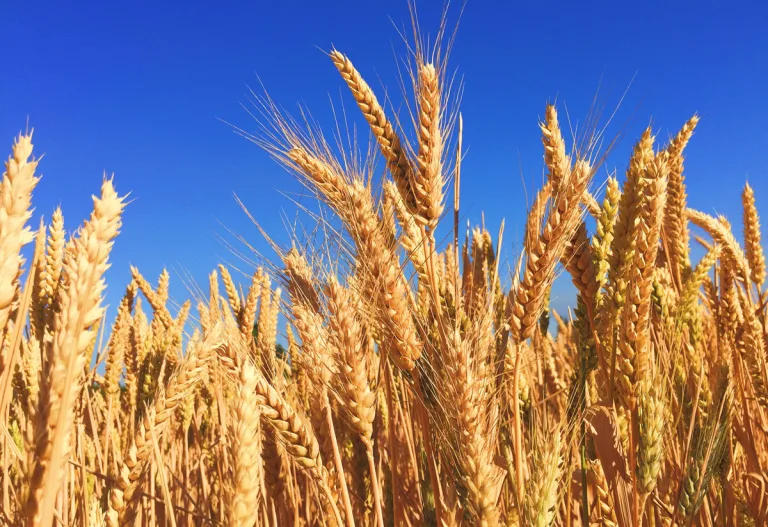
Barley – Information & Advice
Barley is a cereal grain and a member of the grass family. How does Barley taste? Barley has a nutty, slightly sweet flavour with a chewy texture. When…
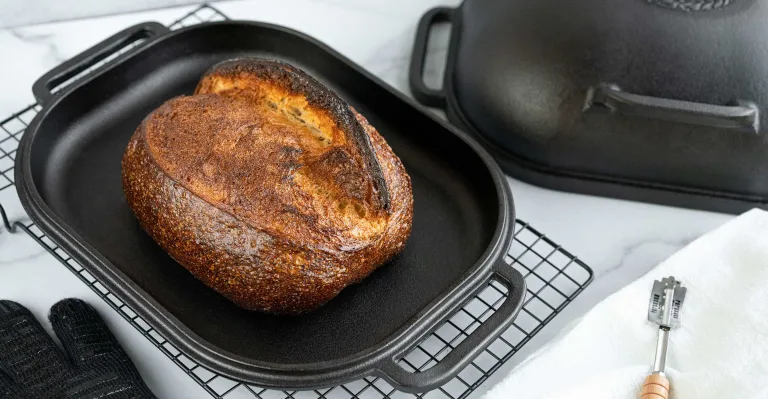
Jim Challenger’s Sourdough Bread
Jim Challenger, inventor of the incredible Challenger bread pan, talks us through making simple sourdough bread his way. Here’s a PDF download to accompany the video.
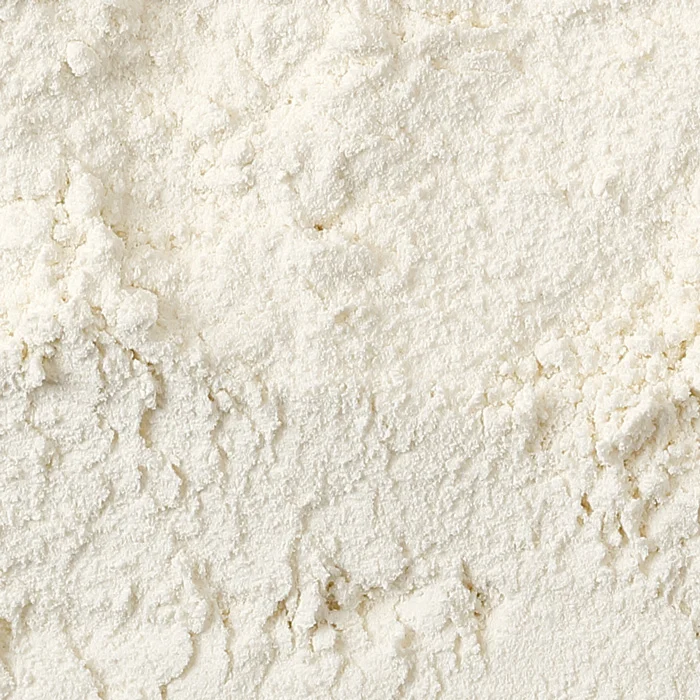
Milling Flour at Home
Sourcing good quality flour can be an arduous task. Furthermore, it’s difficult to know what’s been added and taken out of any store-bought flour you might buy. Home…
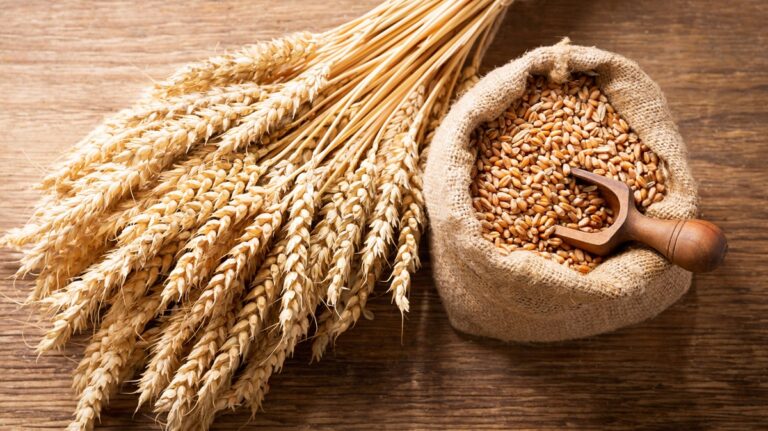
Maris Wigeon Wheat Grain
In 1964 the Plant Breeding Institute (Cambridgeshire) developed the Maris Widgeon wheat grain strand. The name was taken from the HQ road. Tall wheat is susceptible to wind…

Wheat Grain Advice & Guide
With an array of home grain mills available, milling your own flour from home is now easy. Get a grip on your grains with these helpful tips. Contents:…

Komo Milling Guide
Need some help with your new Komo grain mill? Here’s a handy list of what you can mill. What can you mill in a Komo grain mill? The…
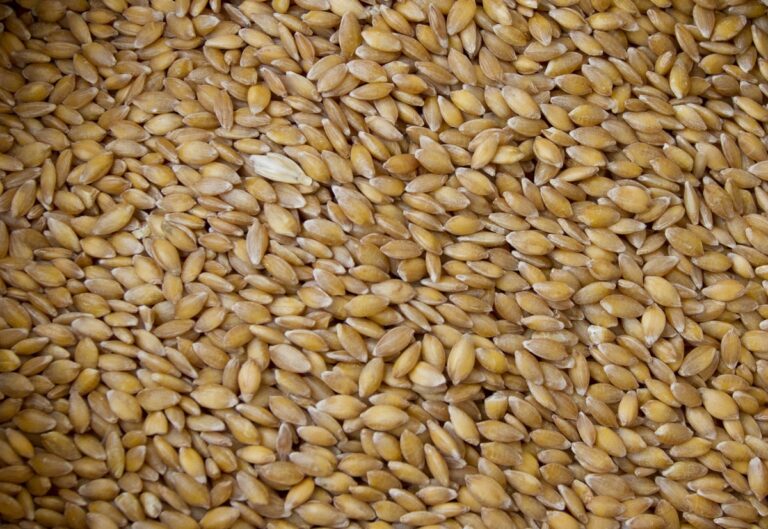
Einkorn Grain – Information and Advice
Origin and History Einkorn, translated from German to English, means ‘single grain’. To put it simply, this is where Einkorn wheat grain gets the name from. Einkorn wheat…
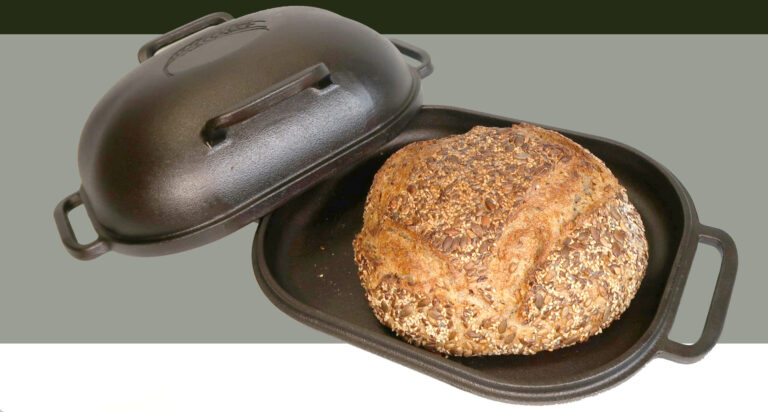
Challenger Bread Pan – Advice and Usage Guide
If you’ve just bought a Challenger bread pan, here are some helpful tips to get the best from your pan. Cast-iron is the perfect material for cooking…
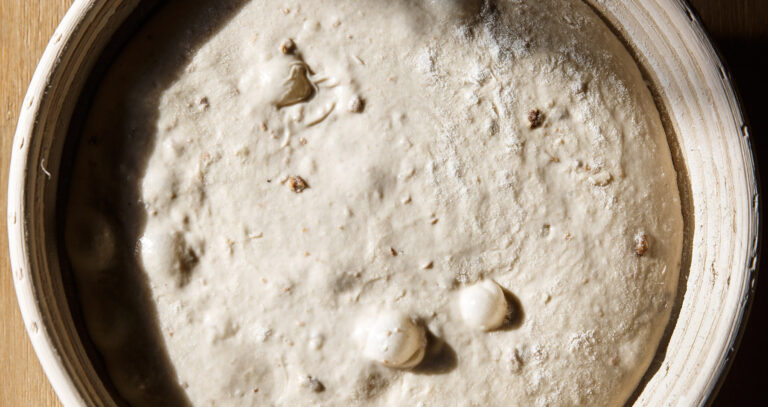
Autolyse – Baking Guide and How To
What does Autolyse mean? Autolyse is a simple method used in bread baking. It’s a term used to describe a rest period, of 20-60 minutes, after flour and…
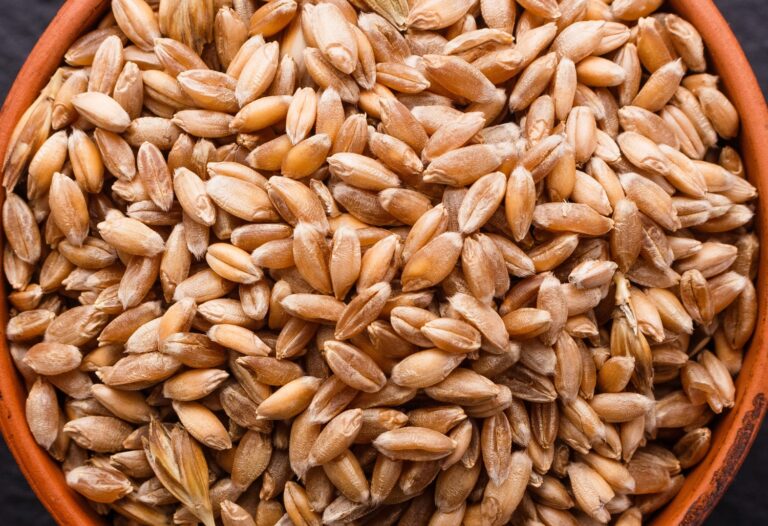
Spelt Grain – Information and Advice
How does Spelt Grain taste? Spelt grain adds a sweet and fluffy dimension to your bake along with nutty accents. The grain is like barley – light, mild…

Bannetons – Advice and Guidance
What’s a Banneton? Bannetons help assist with dough shaping during the stage of proofing. Once dough has been mixed, it is commonly left to prove in a banneton.…
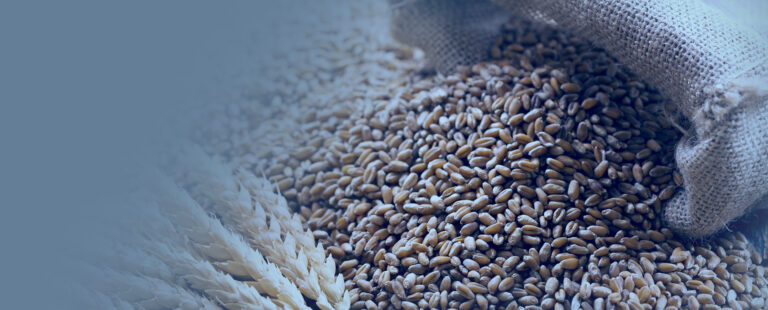
Grain Mill Buying Guide
Want to make the jump from using store-bought flour to milling your own with a grain mill? Grain mills are becoming more popular every day for the freshness…
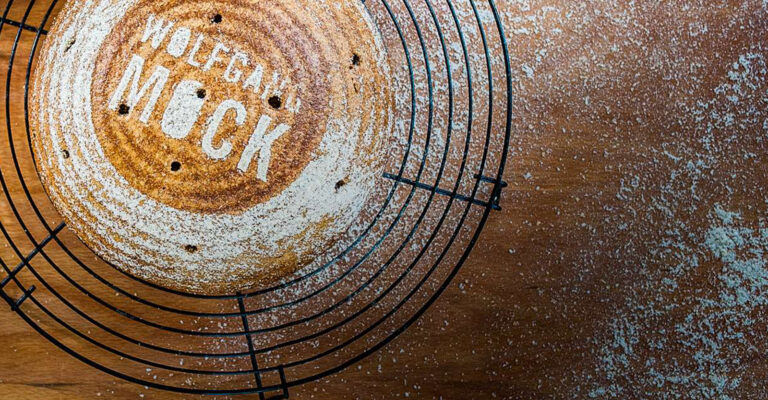
Mockmill Milling Guide
Need some help with your new Mockmill grain mill? Here’s a handy list of what you can mill and the scale to use. Milling information for Grain, Seeds…
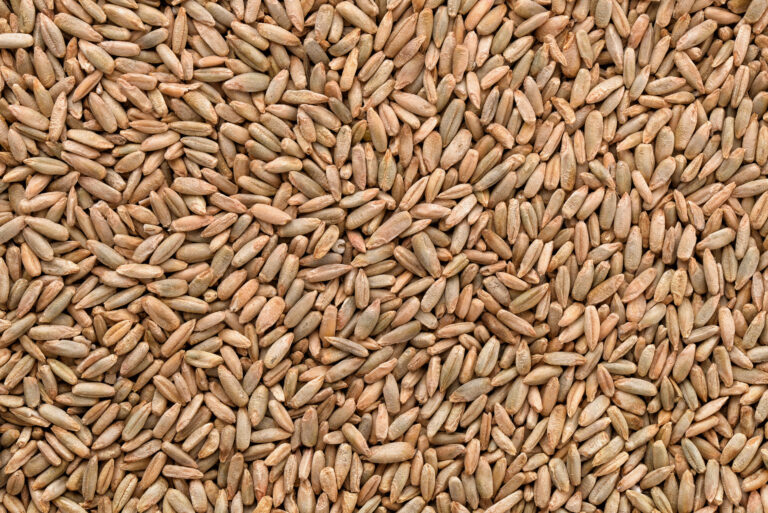
Rye Grain – Information and Advice
How does rye grain taste? Rye is a heritage grain which has a subtle nutty, pepper and malty taste on the palate. The strength of flavour varies between…
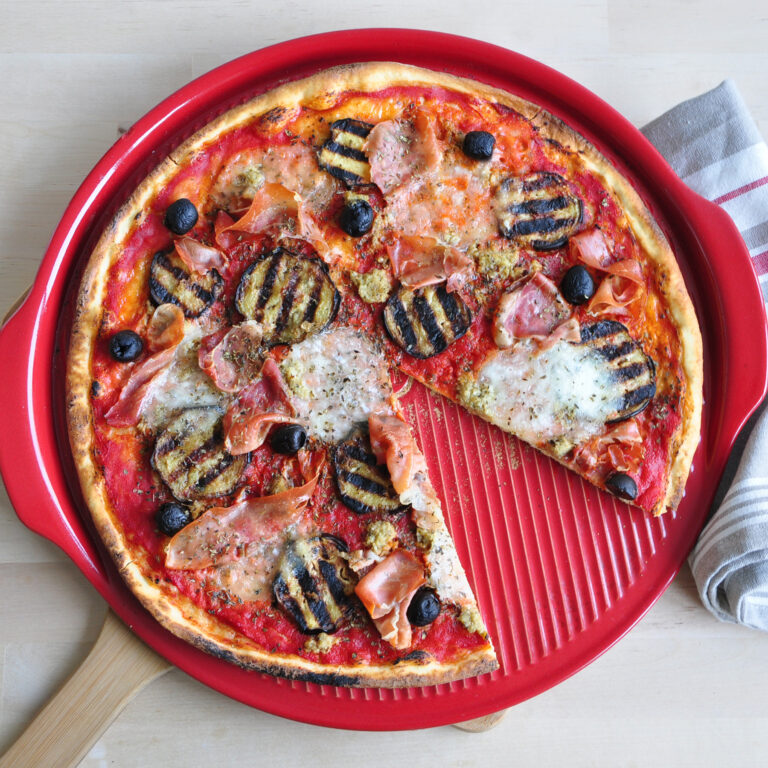
Pizza Stone: Buying Guide
When buying a pizza stone, what are the key considerations you need to think about? What material should I choose? Who makes the best pizza stones? Can I…
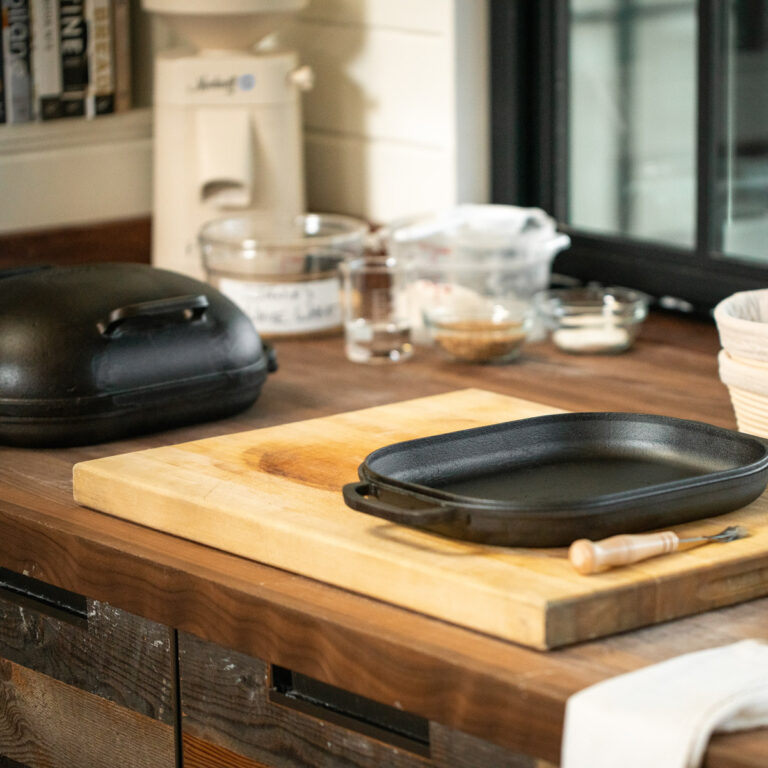
Cast and Spun Iron – Care and Usage Guide
Cast iron is commonly used in bakeware. The material is pretty much indestructible and the go-to choice for pans and skillets in domestic and commercial kitchens alike. It…

A guide to dough proofing
What is Proofing? Proofing is a term used to describe a stage in baking that relates to yeast. Typically, and following the working of, dough is left to…

